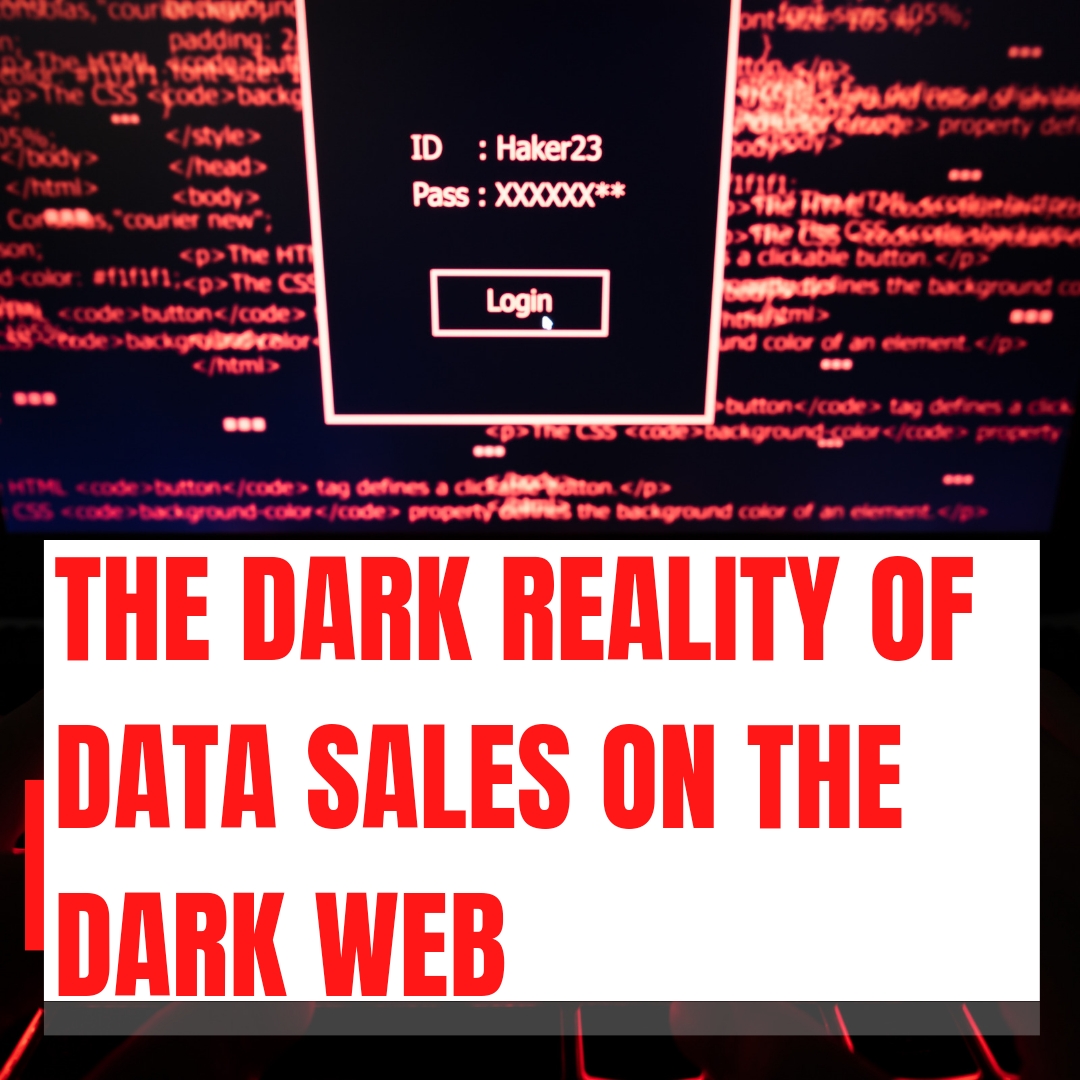In the clandestine world of the dark web, a murky market thrives: the sale of personal data. From credit card numbers to passwords and other sensitive information, a wide range of data is traded in these shadowy corners of the internet.Who are the sellers and how do they operate?
The sellers are cybercriminals who obtain data through various techniques such as phishing, malware, or breaching security systems. These individuals or organized groups use forums and clandestine markets on the dark web to offer their products.
How much does a database cost and how is it paid for?The price of a database varies depending on the quantity and quality of the information, as well as market demand. Payment is primarily made with cryptocurrencies such as Bitcoin or Ethereum to maintain the anonymity of both the buyer and the seller.What type of information is sold and who does it affect?
From credit card numbers and passwords to personal identification information, a wide range of data is available for sale. This can affect individuals, companies, and even government institutions that fall victim to identity theft, financial fraud, and other cybercrimes.What are Mexican authorities doing about it?
Mexican authorities are actively working to address this issue, using advanced technologies to track suspicious activities, collaborating with international agencies, and promoting awareness about the importance of protecting personal information online.In summary, the sale of data on the dark web is a shadowy business that continues to thrive, fueled by the demand for personal and financial information.
As authorities intensify their efforts to combat this phenomenon, it is clear that the fight against cybercrime is an ever-evolving battle in the digital age.
